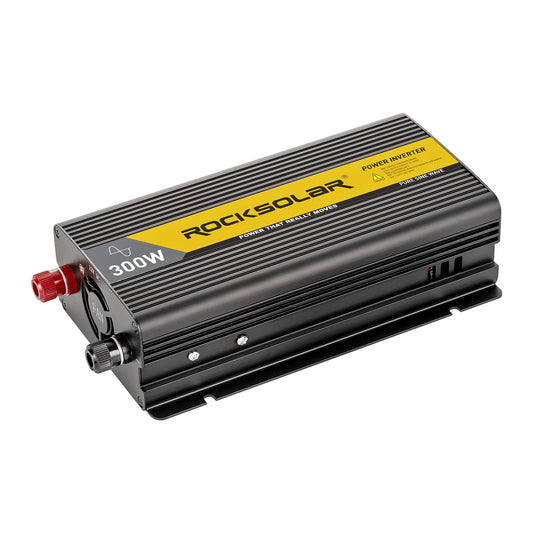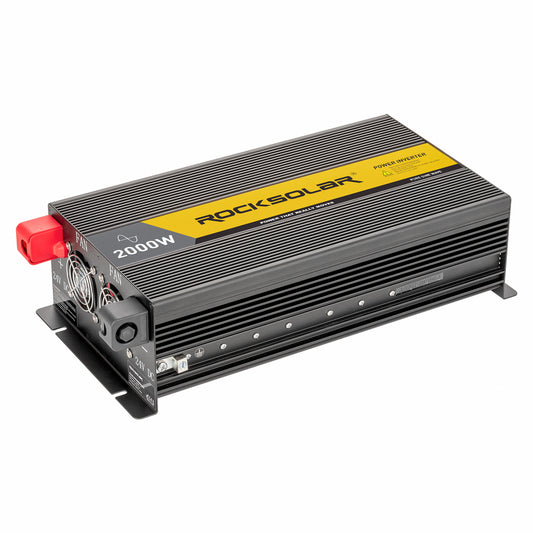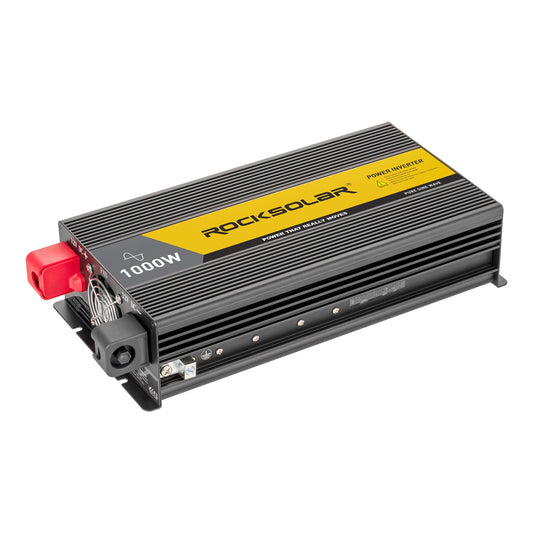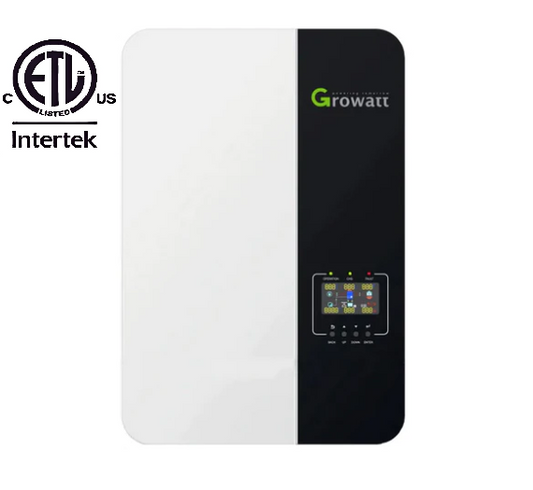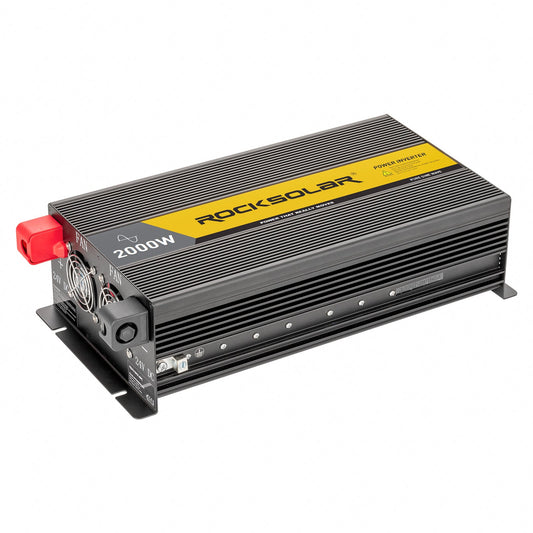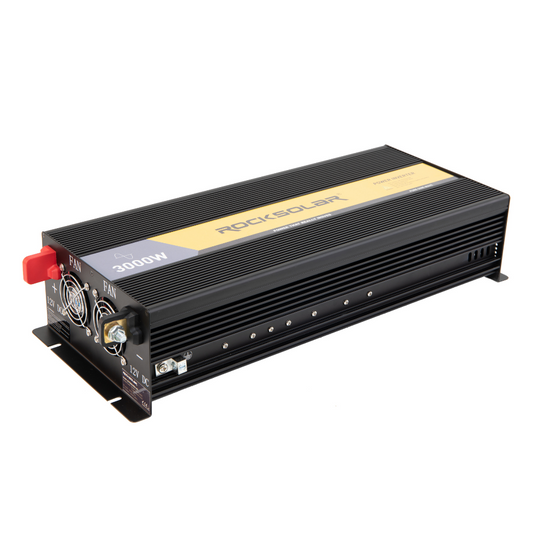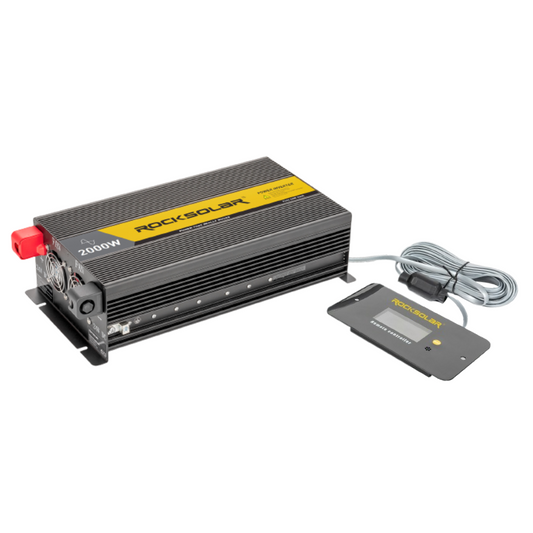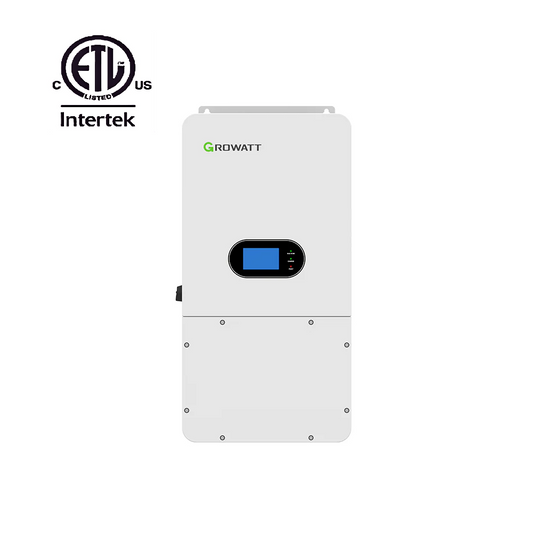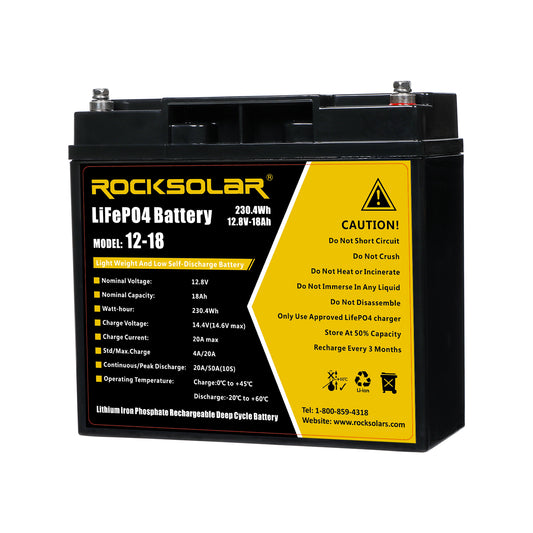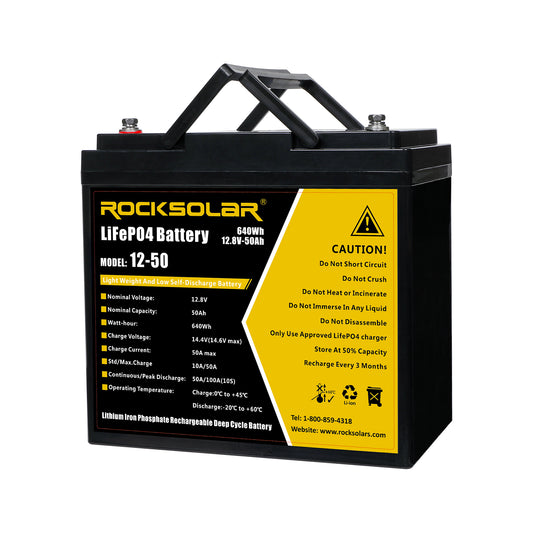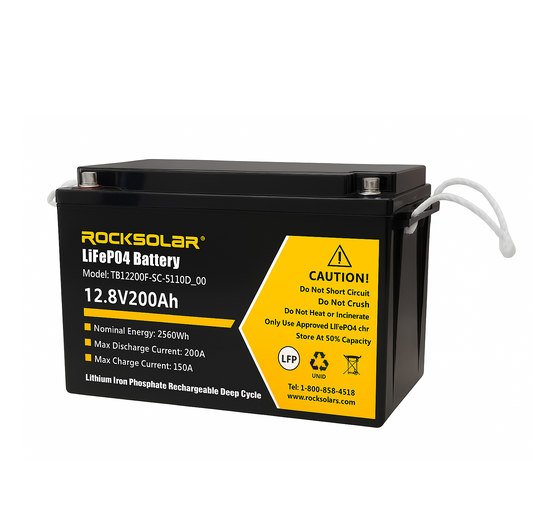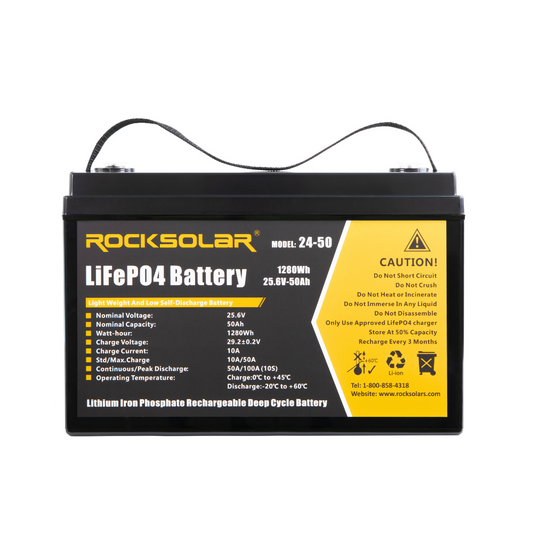-
ROCKSOLAR 300W 12V Pure Sine Wave Power Inverter
Regular price $69.99 CADRegular priceUnit price per$119.99 CADSale price $69.99 CADSale -
ROCKSOLAR 2000W 24V Pure Sine Wave Power Inverter
Regular price $439.99 CADRegular priceUnit price per$549.99 CADSale price $439.99 CADSale -
ROCKSOLAR 1000W 12V Pure Sine Wave Power Inverter
Regular price $279.99 CADRegular priceUnit price per$359.99 CADSale price $279.99 CADSale -
Growatt 3.5KW Single Phase Off-Grid Solar Inverter
Regular price $1,299.99 CADRegular priceUnit price per$3,699.99 CADSale price $1,299.99 CADSale -
ROCKSOLAR 2000W 12V Pure Sine Wave Power Inverter
Regular price $439.99 CADRegular priceUnit price per$549.99 CADSale price $439.99 CADSale -
ROCKSOLAR 3000W 24V Pure Sine Wave Power Inverter
Regular price $599.99 CADRegular priceUnit price per$899.99 CADSale price $599.99 CADSale -
ROCKSOLAR 3000W 12V Pure Sine Wave Power Inverter
Regular price $599.99 CADRegular priceUnit price per$699.99 CADSale price $599.99 CADSale -
24V 3kW Single-Phase off-grid Solar Storage Inverter
Regular price $899.99 CADRegular priceUnit price per$1,699.99 CADSale price $899.99 CADSale -
ROCKSOLAR 2000W 12V Pure Sine Wave Power Inverter With Remote Control Panel
Regular price $459.99 CADRegular priceUnit price per$799.99 CADSale price $459.99 CADSale -
Split-Phase Off-Grid Solar Inverter | 6000W | 120/240V
Regular price $2,599.99 CADRegular priceUnit price per$5,999.99 CADSale price $2,599.99 CADSale -
Growatt SPE12000US Split-Phase Off-Grid Solar Inverter | 12000W | 120/240V
Regular price $2,999.99 CADRegular priceUnit price per$6,999.99 CADSale price $2,999.99 CADSale -
Solar Ark 120KW Commercial ESS System (UL9450 Certified)
Regular price From $119,999.99 CADRegular priceUnit price per$159,999.99 CADSale price From $119,999.99 CADSale -
Solar Ark 60Kw Commercial Energy Storage System (UL9450 Certified)
Regular price From $69,999.99 CADRegular priceUnit price per$139,999.99 CADSale price From $69,999.99 CADSale -
ROCKSOLAR 3000W Pure Sine Wave Inverter | High Efficiency 94% | 12V DC to 120V AC Converter
Regular price $599.99 CADRegular priceUnit price per$899.99 CADSale price $599.99 CADSale -
Growatt 10kW 120V/240V Split Phase Hybrid Inverter with integrated auto transfer switch
Regular price $5,799.99 CADRegular priceUnit price per$7,999.99 CADSale price $5,799.99 CADSale
0% APR* Financing now available with

